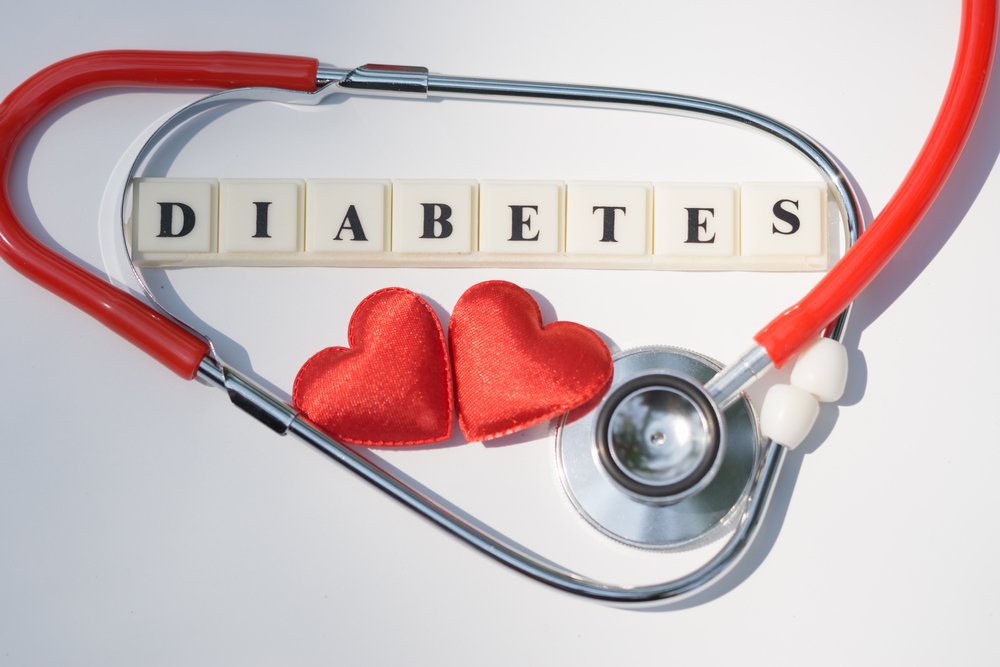By OmegaQuant
New research from Harvard University—published in the Journal of the American Heart Association—has once again put omega-3 fatty acids (EPA and DHA) in the spotlight. The large-scale meta-analysis combined data from 13 major clinical trials (including REDUCE-IT, VITAL, and ASCEND), covering nearly 130,000 participants. Its findings offer compelling evidence that omega-3s play a meaningful role in heart health and cardiovascular disease (CVD) prevention, with benefits becoming clearer at higher doses.
The Findings: Omega-3s and Cardiovascular Outcomes
Across all studies, participants were followed for an average of five years. During that time, researchers recorded:
-
3,838 myocardial infarctions (heart attacks)
-
3,008 coronary heart disease (CHD) deaths
-
8,435 total CHD events
-
2,683 strokes
-
5,017 cardiovascular deaths
The analysis revealed that omega-3 supplementation significantly lowered the risk of heart attack, CHD death, total CHD, and total CVD—both with and without the inclusion of the REDUCE-IT study. Importantly, a dose-response relationship was observed: the higher the omega-3 dose, the greater the cardiovascular benefit.
However, no measurable effect was found on stroke incidence, suggesting that omega-3s may specifically target other vascular pathways.
The Big Three: ASCEND, REDUCE-IT, and VITAL
1. ASCEND: Modest Dose, Modest Results
The ASCEND study (A Study of Cardiovascular Events iN Diabetes) enrolled over 15,000 participants with diabetes to assess whether 840 mg/day of omega-3s (via Lovaza) reduced cardiovascular risk.
Results showed no statistically significant reduction in heart or vascular events compared to placebo, leading some to prematurely dismiss omega-3s’ effectiveness. However, context matters: participants already had relatively high baseline Omega-3 Index levels (7%), leaving little room for improvement.
Dr. Bill Harris of OmegaQuant later noted that had researchers included participants with lower baseline omega-3 levels (<5%), the results would likely have been far more favorable. Additionally, only 77% of participants consistently took their supplements—bringing the effective intake closer to ~650 mg/day, a dose too low to expect strong cardiovascular effects.
2. REDUCE-IT: The High-Dose Game Changer
The REDUCE-IT trial used a prescription omega-3 drug (Vascepa) containing 4 grams of pure EPA per day—a dose much higher than previous studies.
Over 8,000 high-risk patients (most on statins with elevated triglycerides) participated. After five years, researchers reported a 25% reduction in major cardiovascular events, including heart attack, stroke, and cardiovascular death.
This groundbreaking result demonstrated that omega-3 effectiveness depends largely on dose and purity. By raising participants’ Omega-3 Index levels near 8%, Vascepa achieved cardioprotective outcomes that lower-dose supplements had not.
3. VITAL: Prevention in the General Population
The VITAL study examined 25,000 healthy adults, testing 1 gram of fish oil (840 mg EPA+DHA) and 2,000 IU of vitamin D3 daily.
While the study did not show significant reductions in the overall risk of cardiovascular events or cancer, it revealed several important subgroup findings:
-
28% reduction in total heart attacks
-
17% reduction in total cardiovascular disease
-
50% reduction in fatal heart attacks
-
77% reduction in heart attacks among African Americans
These outcomes suggest that even modest omega-3 supplementation can offer protection, especially for individuals with low fish intake or genetic predispositions to heart disease.
Why the Dose Matters
The consistent pattern across studies is clear: omega-3 dose is the key determinant of benefit.
-
In VITAL, participants took <1 gram per day and saw moderate improvements.
-
In REDUCE-IT, participants took 4 grams of EPA and experienced dramatic risk reductions.
As Dr. Bill Harris explains, the likely reason REDUCE-IT succeeded where others did not is because participants reached an Omega-3 Index near or above the 8% target—a threshold long associated with heart protection.
In contrast, most previous studies used lower doses that typically only raised the Omega-3 Index to around 6%, not enough to produce robust cardiovascular benefits.
The Omega-3 Index: A Better Measure Than Cholesterol
The Omega-3 Index measures the percentage of EPA and DHA in red blood cell membranes, providing a reliable reflection of long-term omega-3 status.
-
High Risk: <4%
-
Intermediate Risk: 4–8%
-
Low Risk (Optimal): ≥8%
An 8% Omega-3 Index is associated with a 35% reduction in cardiovascular death risk. For most adults, reaching this level requires either:
-
At least three servings of fatty fish per week, or
-
A daily omega-3 supplement delivering 1–4 grams of EPA+DHA
The Takeaway: Dose, Quality, and Consistency
The collective evidence from ASCEND, VITAL, REDUCE-IT, and related meta-analyses points to a simple but powerful truth:
The heart benefits of omega-3s depend on reaching sufficient blood levels—something only possible with consistent, high-quality, and adequately dosed supplementation.
For individuals who rarely eat fish, adding a daily omega-3 supplement can be a safe, affordable, and effective way to lower cardiovascular risk.




